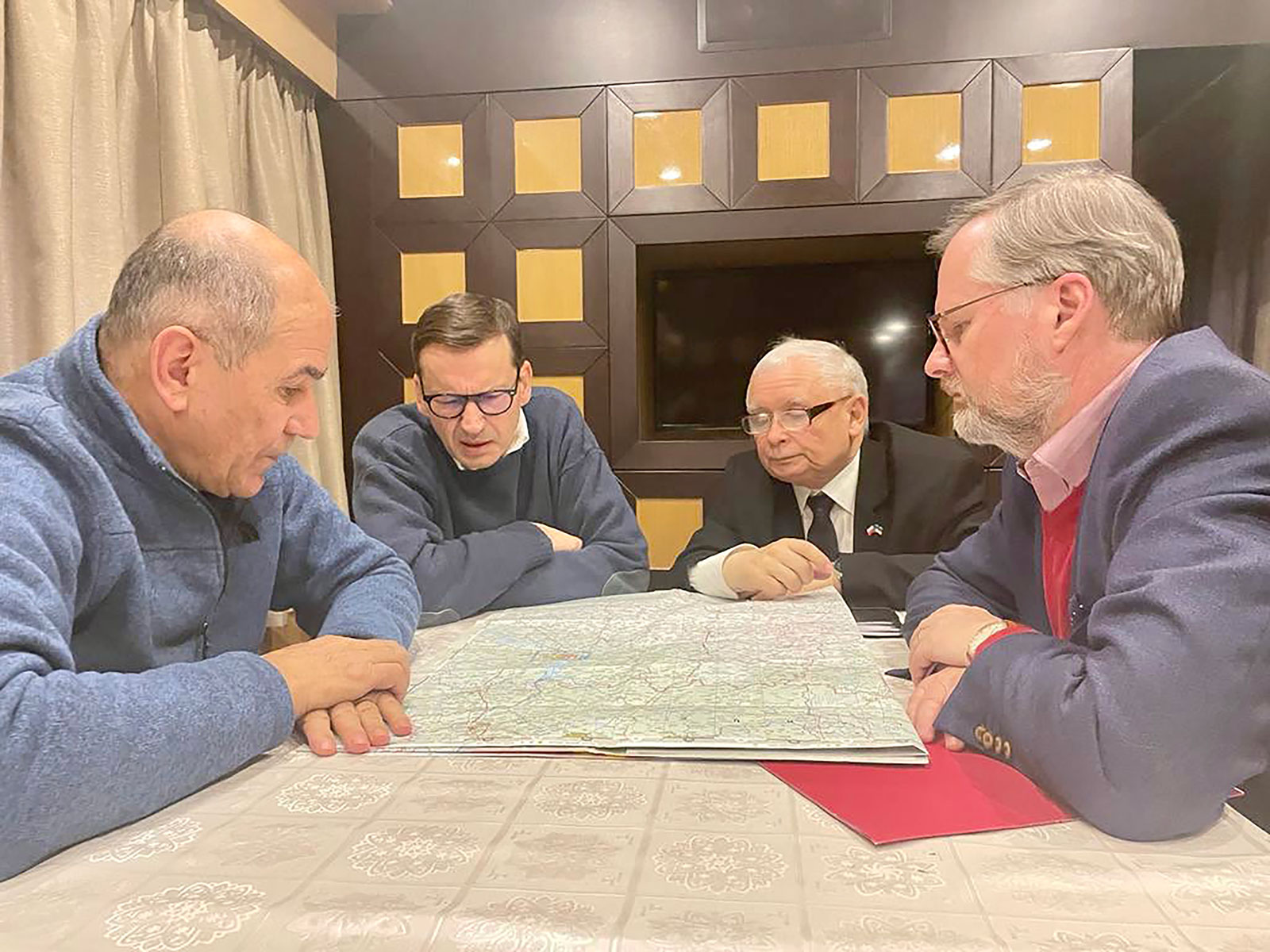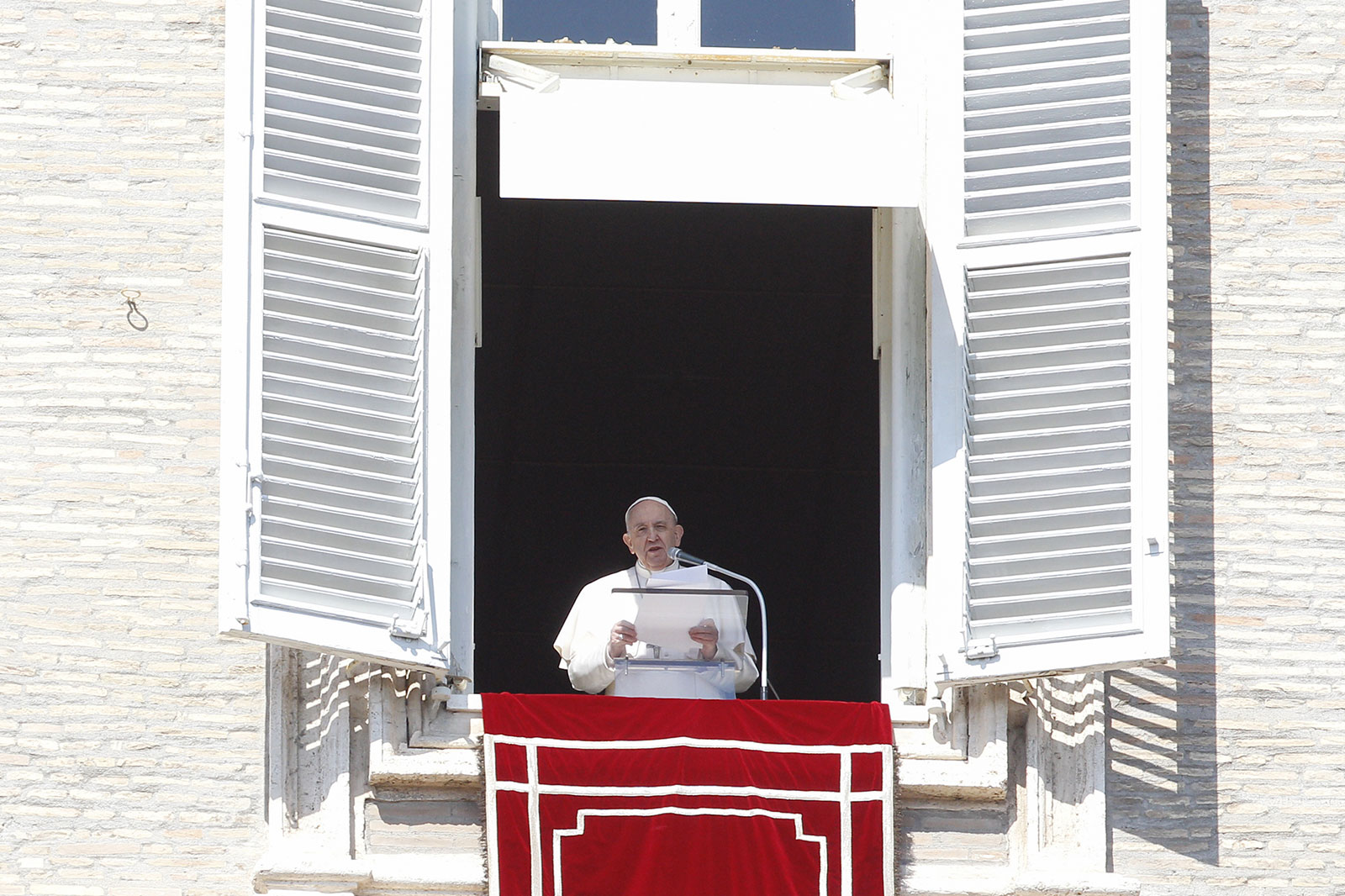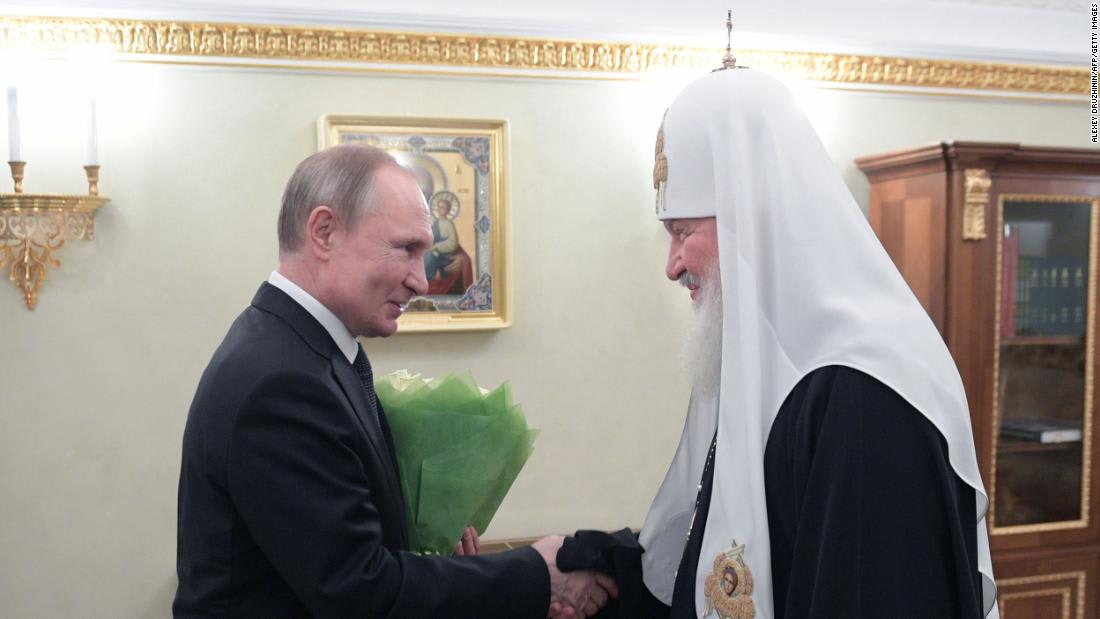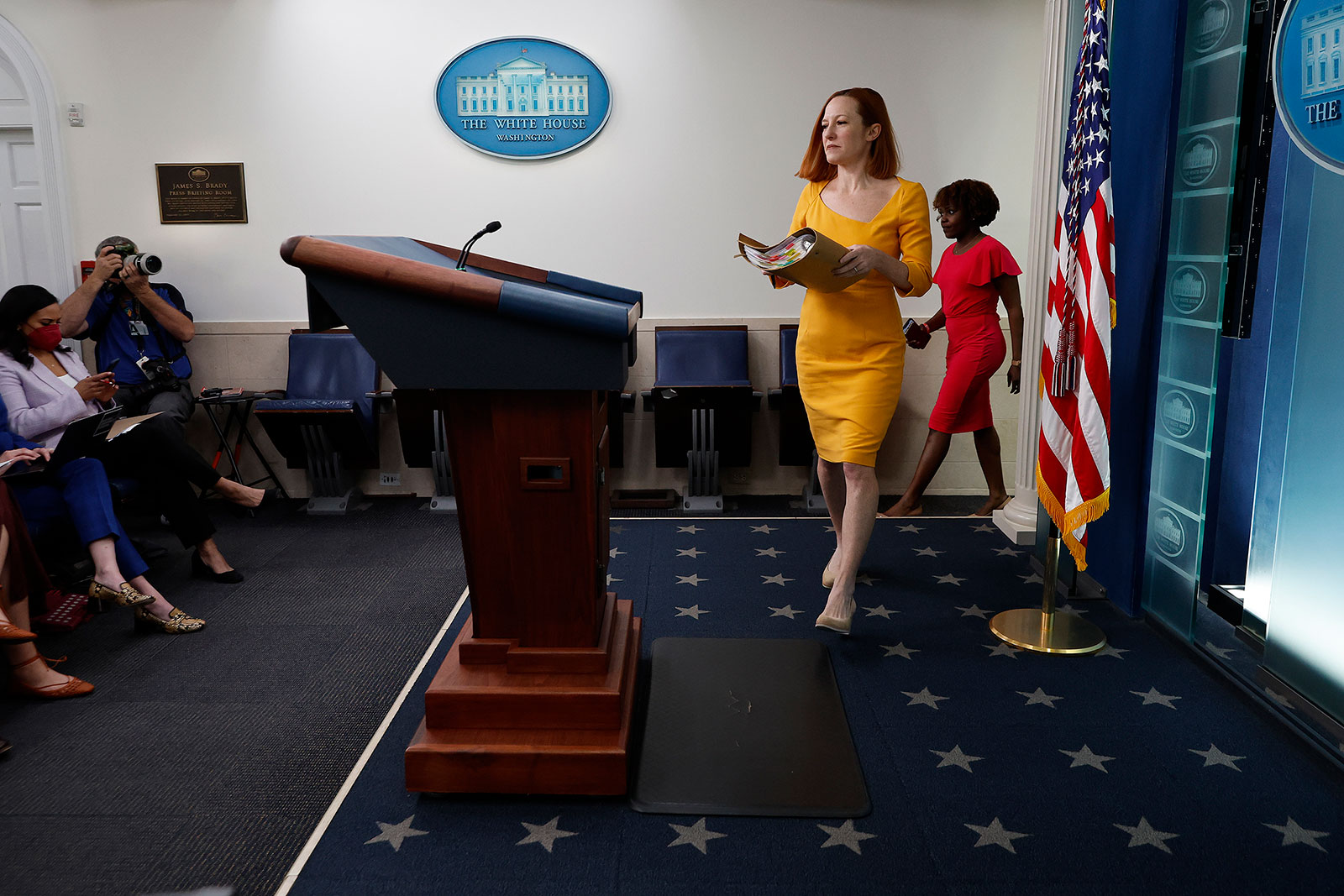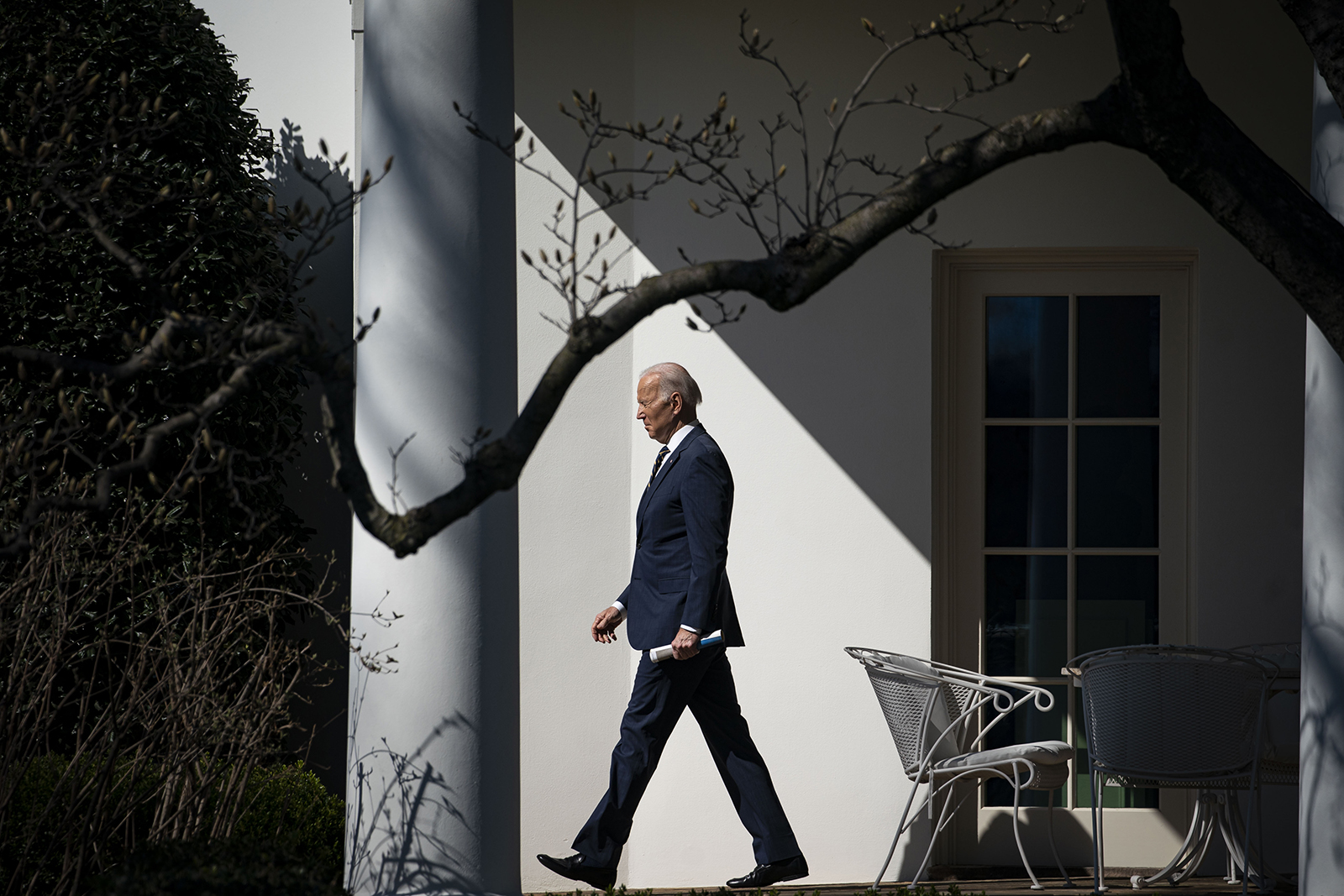As the war in Ukraine rages on, two Nigerian students who have since returned home after fleeing Russia’s invasion of the country have described their traumatic escape.
Adetomiwa Adeniyi, 24, and Amamchim Steve-Ajufo, 17, were both studying medicine in Ukraine before Russian troops invaded. The Nigerian government has been evacuating its citizens escaping the war in Ukraine, and more than 1,500 of them have been flown back home, according to the authorities.
Adeniyi and Steve-Ajufo were among Nigerian students recently evacuated by the government.
The pair crossed into neighboring Romania through the Ukrainian border. The experience, they said, was harrowing and unfamiliar.
“There were three lines: one seemingly for the Ukrainians, one for the Indians, and one for Africans. I wondered why it was like that since we were all trying to get out,” Adeniyi told CNN’s Zain Asher.
“If you were Ukrainian…or white, it was almost as though you had a fast track to the gate (of the border to Romania). I lost the hope that I’ll be able to cross,” he added.
Several people CNN spoke with in recent days — mainly African and Indian students schooling in Ukraine — complained of difficulty crossing the Ukraine border to bordering nations.
Others said they had experienced racist treatment by Ukrainian security forces and border officials who reportedly prioritized Ukrainian refugees and “showed prejudice against foreign students.”
Steve-Ajufo said she was ordered back to the queue meant for Africans by Ukrainian border officials when she was seen standing among Ukrainians.
“I accidentally went to the Ukrainian line and instantly I was told to return to my side. I cried a whole lot. The border officials kept screaming ‘go back, go back!.’ I was so tired and cold, and I did not understand what was going on. I wanted to give up several times but I kept reminding myself of my mum,” the 17-year-old medical student said.
Adeniyi and Steve-Ajufo were eventually able to cross into the Romanian capital of Bucharest, where they were flown back to Nigeria in a chartered flight provided by the Nigerian government.
The young Nigerian students, however, told CNN that Ukraine had become their home, and they were devastated to leave the Eastern European country now under siege by Russian forces.
“It (Ukraine) is my home. I’ve almost spent six years there,” Adeniyi told CNN.
According to Steve-Ajufo, her home (Ukraine) has been “snatched” from her.
“It breaks my heart," she says. "Anytime I think about it or see news that somewhere else (in Ukraine) has been bombed or someone else has died, I’m angry that my home was snatched from me. I’m traumatized,” she told CNN.
Ukraine is home to many foreign students who opt to study there because it is more affordable than other western nations. The country also has a strong reputation for medical courses.
Around 4,000 Nigerian students study in Ukraine with most of them studying medicine, according to the Nigerian President’s office.
Watch more of their story here.
